Germany is renowned for its efficient industries and rich cultural heritage. They also boast a commitment to environmental conservation.
At the forefront of this endeavor stands the Nature and Biodiversity Conservation Union (NABU).
The history behind it
The Nature And Biodiversity Conservation Union (NABU) has evolved into one of Germany’s most influential organizations dedicated to preserving nature and safeguarding biodiversity.
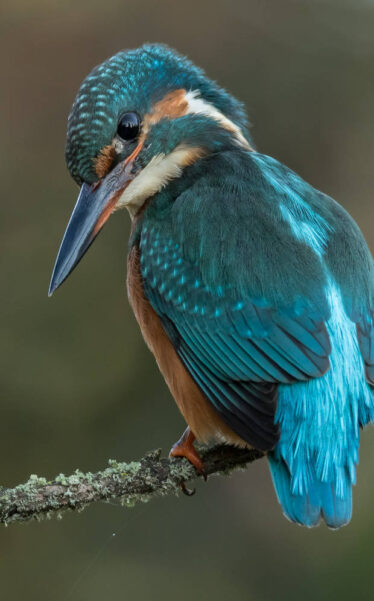
But, their journey began over a century ago, driven by a growing awareness of humanity’s impact on the natural world.
Initially formed as the “Bird Protection Committee” its mission expanded to encompass broader conservation efforts.
This committee aimed to address the alarming trend of bird habitat destruction and hunting. Their efforts focused initially on raising awareness about the importance of bird conservation and advocating for legislative measures to protect avian species.
Solkes: When was NABU created and why was it created?
Silvia Teich, press NABU: Founded in 1899, NABU (The Nature And Biodiversity Conservation Union) is the oldest and largest environment association in Germany. It encompasses more than 940,000 members and supporters, who commit themselves to the conservation of threatened habitats, flora, and fauna, climate protection, and energy policy. It was founded by Lina Hähnle to protect birds.
Over the years, they have championed various causes, from protecting endangered species to advocating for sustainable land use practices.
As the Bird Protection Committee gained traction, its scope expanded beyond the singular focus on birds to encompass broader conservation objectives.
Recognizing the interconnectedness of ecosystems and the urgent need to address overarching environmental threats, the organization rebranded itself as the Nature and Biodiversity Conservation Union (NABU). This signified a shift towards a more holistic approach to conservation, encompassing not only birds but also other flora and fauna essential to maintaining biodiversity.
On a parallel note, it is important to note that one significant aspect of bird protection in Germany is the implementation of the European Union’s Birds Directive. This directive is a key legal instrument for bird conservation in Europe.
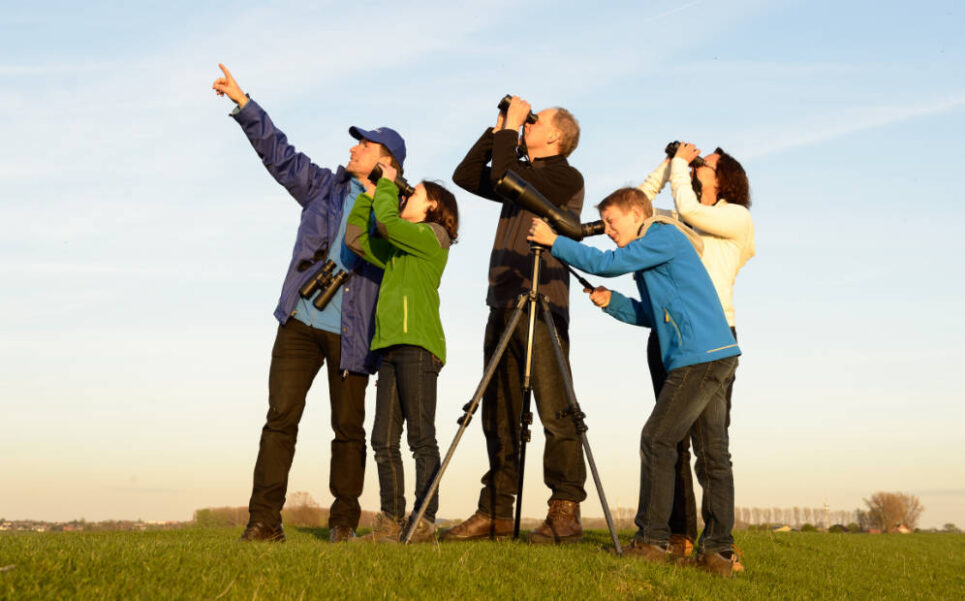
In addition to the Birds Directive, Germany has its own national legislation and conservation programs dedicated to bird protection.
Germany has established a network of protected areas, including national parks, nature reserves, and bird sanctuaries, where birds and their habitats are conserved and managed according to strict regulations.
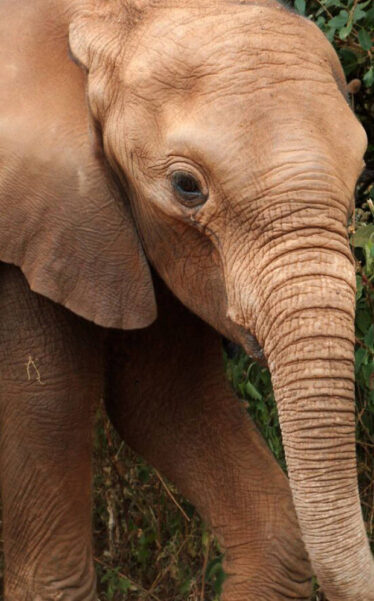
These protected areas provide vital breeding, feeding, and resting habitats for bird species, particularly those that are rare or endangered.
Germany implements species-specific conservation programs for endangered bird species, focusing on habitat restoration, population monitoring, and targeted conservation measures to ensure the survival of threatened species. These programs often involve collaboration with conservation organizations, government agencies, and local stakeholders.
Efforts to restore and manage natural habitats benefit bird species by providing suitable breeding sites, foraging areas, and migration stopover sites. Habitat restoration projects may include reforestation, wetland restoration, grassland management, and the creation of artificial habitats to support diverse bird communities.
Germany conducts bird monitoring programs and research projects to assess the status and trends of bird populations, identify conservation priorities, and evaluate the effectiveness of conservation measures. Citizen science initiatives, volunteer bird surveys, and scientific research contribute to data collection and analysis for bird conservation.
Public awareness campaigns, educational programs, and outreach activities raise awareness about the importance of bird conservation and promote actions to protect birds and their habitats. These initiatives engage the public, schools, and communities in bird watching, nature conservation, and citizen science projects to foster a culture of environmental stewardship.
The early years
In its early years, NABU spearheaded various conservation initiatives aimed at protecting habitats and species diversity across Germany.
One notable effort was the establishment of bird sanctuaries and protected areas, providing critical refuges for avian populations facing habitat loss and degradation.
Additionally, NABU played a pivotal role in advocating for the conservation of natural landscapes, from forests and wetlands to grasslands and coastal ecosystems.
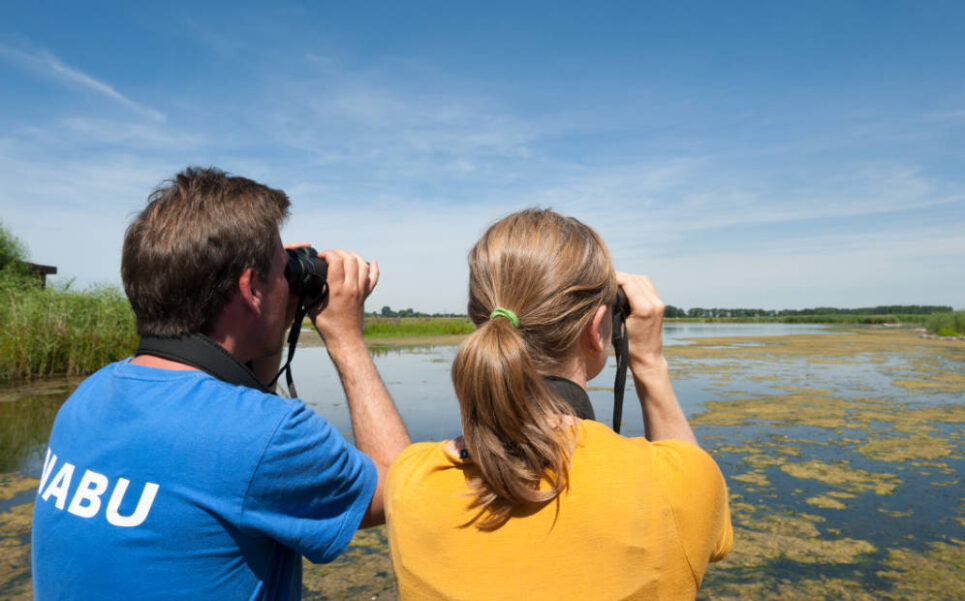
The organization lobbied tirelessly for the enactment of wildlife protection laws and regulations to safeguard vulnerable species and their habitats. Through strategic partnerships with policymakers and grassroots mobilization, NABU shaped Germany’s conservation agenda for decades to come.
As with every single time, NABU had to change as time went by. It became a comprehensive conservation organization, embracing diverse initiatives aimed at addressing emerging environmental challenges.
Some of these emerging challenges were: climate change mitigation, sustainable agriculture, marine conservation, and urban biodiversity.
Together is better
This organization has evolved and something that they learned is that working together with others will make challenges easier to tackle and the changes will last even longer.
Collaboration lies at the heart of NABU’s approach to conservation. The organization partners with government agencies, NGOs, academic institutions, and local communities to leverage collective expertise and resources. By fostering partnerships, NABU amplifies its impact and fosters a collaborative ecosystem where diverse stakeholders work towards common conservation goals.
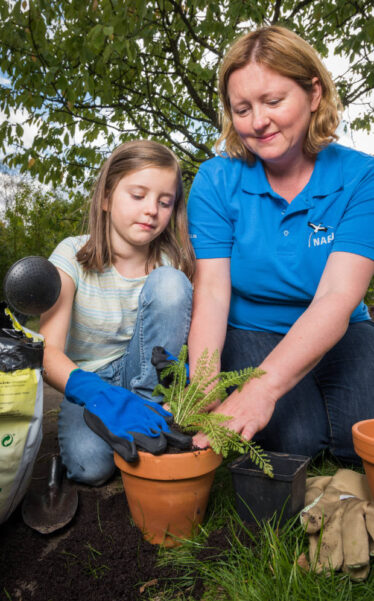
NABU is the national partner organization of BirdLife International. The organization is one of the most significant members of the German umbrella organization of the German conservation movement Deutscher Naturschutzring [de] (DNR).
Solkes: What is the importance of having a society that understands this problem?
Silvia Teich, press NABU: This is so important. Our organization has grown a lot in recent years – today we have over 940.000 members. So You can guess that many Germans are aware of the necessity of nature conservation and want to get involved in solutions.
NABU (Nature and Biodiversity Conservation Union) is involved in various conservation projects.
They have several educational programs, workshops, and outreach activities to raise awareness about environmental issues and promote conservation action.
To achieve this they continuously develop educational materials and resources for schools, including lesson plans, teaching guides, and interactive activities focused on biodiversity, ecosystems, climate change, and sustainable living. Furthermore, they collaborate with teachers to integrate environmental education into school curricula and organize field trips to nature reserves, parks, and wildlife sanctuaries.
They also organize nature camps, workshops, and outdoor learning experiences for children, youth, and families.
Overall, NABU’s educational programs aim to inspire curiosity about the natural world, instill a sense of environmental responsibility, and empower individuals to make informed choices that contribute to the conservation of biodiversity and the protection of ecosystems. Through education and outreach, NABU seeks to foster a deeper appreciation for nature and promote sustainable living practices for the benefit of present and future generations.
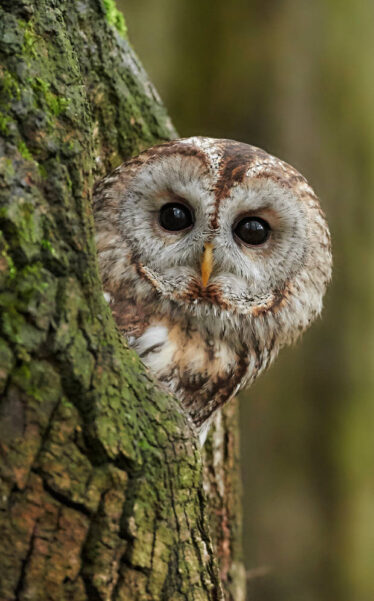
They conduct bird monitoring programs, habitat restoration initiatives, and conservation projects focused on protecting endangered bird species.
In this case, NABU engages citizen scientists and volunteers in bird monitoring activities, allowing members of the public to participate in data collection and contribute to scientific research.
They track migratory bird populations and movements through coordinated monitoring efforts, including bird banding stations, radar studies, and satellite tracking. By doing so, researchers gain insights into the ecology, behavior, and conservation needs of migratory birds.
The restoration and management of natural habitats, including forests, meadows, rivers, and wetlands is very important. They undertake reforestation projects, implement sustainable land management practices, and create wildlife corridors to enhance habitat connectivity and biodiversity conservation.
Something that may affect a natural habitat is any kind of external species. Therefore, they implement control measures and management strategies to mitigate their impacts on native ecosystems.
NABU creates and enhances habitat features to provide suitable conditions for native flora and fauna. This may involve installing nesting boxes for birds, constructing bat roosts, establishing pollinator gardens, and creating artificial wetlands to support priority species and enhance ecosystem services.
They collaborate with municipalities, businesses, and community groups to create green spaces, establish wildlife corridors, and implement nature-based solutions for urban resilience.
They are advocates for the protection of marine ecosystems and marine species in Germany’s coastal waters and beyond. They also work to reduce marine pollution, combat overfishing, and establish marine protected areas to conserve biodiversity and promote sustainable fisheries management.
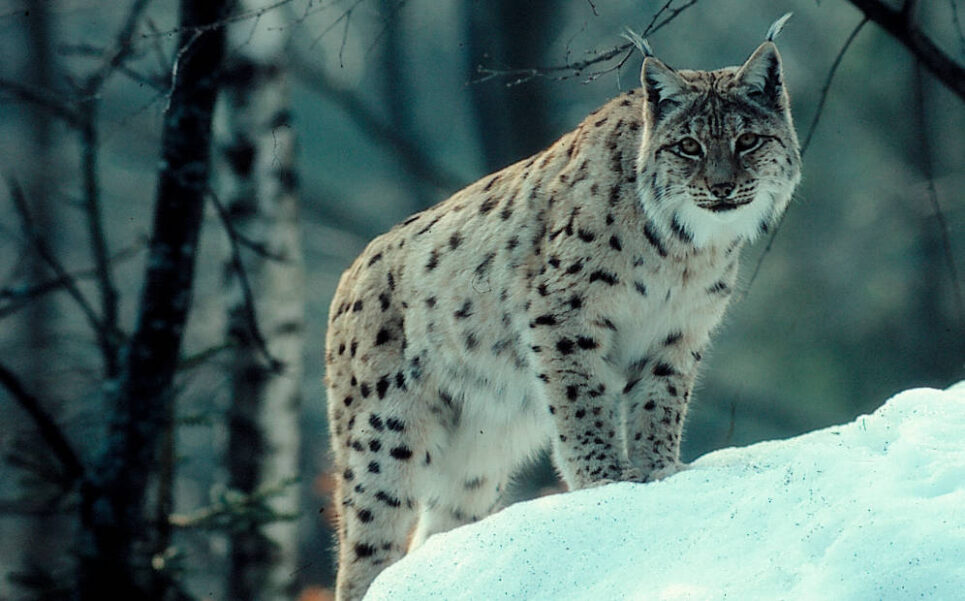
Solkes: Why is it important to work jointly with other institutions?
Silvia Teich, press NABU: We work a lot with other organizations such as WWF. You can generate more influence on politicians if you work together for the same goals.
They are actively engaged in climate protection efforts, advocating for policies to mitigate climate change and promote renewable energy sources. They implement projects to reduce greenhouse gas emissions, increase energy efficiency, and raise awareness about the impacts of climate change on ecosystems and wildlife.
They support the establishment of nature reserves, protected areas, and wildlife sanctuaries across Germany. They collaborate with government agencies, landowners, and local communities to conserve important natural areas and safeguard biodiversity for future generations.
Challenges and Opportunities
Despite its remarkable achievements, NABU faces formidable challenges in its quest to protect nature and biodiversity. Climate change, habitat loss, pollution, and unsustainable resource extraction continue to threaten ecosystems worldwide. However, amidst these challenges lie opportunities for innovation, collaboration, and collective action. NABU remains steadfast in its commitment to overcoming these obstacles and forging a sustainable future for generations to come.
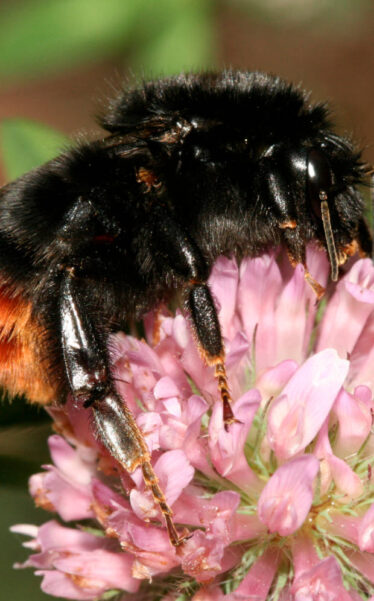
This organization is doing its part to make a difference. About 70,000 volunteers play an active role in practical nature conservation work, with great success: this is special to NABU. These active NABU members look after more than 110,000 hectares of valuable protected reserves in Germany.
Solkes: You say that NABU takes great pride in their staff (70 thousand volunteers). Why is that exactly?
Silvia Teich, press NABU: Our volunteers do practical nature conservation. For example, they look after protected areas such as moors or rough pastures, which are important for rare species. In spring, they carry amphibians across the roads as they migrate to their spawning grounds. Our volunteers are not only members and thus support us, but they also lend a hand to nature themselves.
NABU understands the power of public engagement in driving positive change. Through educational programs, events, and campaigns, the organization seeks to inspire individuals to take action for the environment. From school outreach initiatives to citizen science projects, NABU encourages people of all ages to become stewards of nature and biodiversity.
Solkes: Have you encountered any complicated, absurd, difficult realities?
Silvia Teich, press NABU: We encounter those realities every day. Economic interests often clash with our goals of preserving nature and biodiversity. We have to advocate for nature.
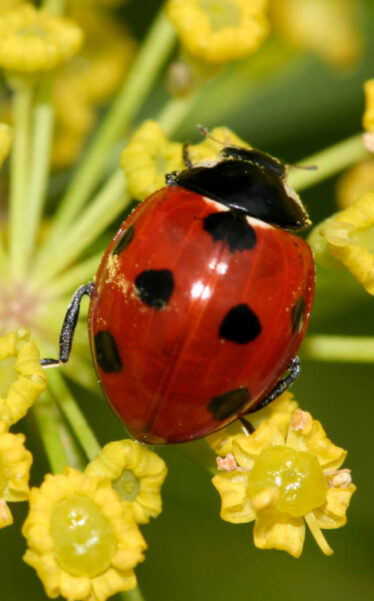
Solkes: Since economic interests clash with your goals, how do you work to “fight” this? How do you “convince” those people/groups that they must change their ways? Could you give me some specific examples,
Silvia Teich, press NABU: As I said, we influence politics to influence legislation in the interests of nature. We can do this confidently because we have over 940,000 members and supporters behind us. We have far more members than the political parties have. We also have the right to take legal action in Germany. If, for example, a construction project violates nature conservation laws, we can go to court. For example, we took legal action against the planned Fehrmarnbelt crossing because it would destroy reefs worthy of protection. Unfortunately, we were not successful.
The truth is that every single country in the world faces the dangers of climate change and species extinction. This has changed a lot because problems are steadily accelerating. So we have to strengthen our efforts.
Solkes: So, what still needs to be achieved?
Silvia Teich, press NABU: We must stop global warming or at least limit it. As important as to stop species extinction.
Everyone should be concerned with climate change, environmental change, and extinction. Nature is our basis of life. Mankind can not exist without nature, biodiversity, or a healthy environment.
Since the moment they were founded, the organization has changed a lot over time. They are currently 125 years old.

When they started it was an association for conservation of birds (Bund für Vogelschutz) founded by Lina Hähnle, wife to a felt producer in Baden-Württemberg. Currently, they fight for birds but also for the conservation of threatened habitats, flora, and fauna, to climate protection and energy policy.
Solkes: You have stated that Germans are aware of the necessity of nature conservation and want to get involved in solutions. How do they do this? Where have you seen the greatest changes/problems?
Silvia Teich, press NABU: In fact, our membership growth is good evidence of this. We have almost doubled in size over the past ten years. Based on the increasing number of inquiries via our “nature phone” (where anyone can call and ask anything about nature conservation), we can see that many people want to know how they can live in a more environmentally and nature-friendly way. How they can design their garden for wildlife and how they can save energy and resources. One major change, for example, is the solar boom in private houses and apartments. Even many tenants now generate some of their electricity with balcony power plants. We also see that up to 170,000 people take part in our bird counts. So there is a great deal of interest in birds and nature. This should not be underestimated, because you can only protect what you know.
Conclusion
As we navigate an era of unprecedented environmental challenges, organizations like the Nature and Biodiversity Conservation Union serve as beacons of hope. Through tireless dedication and unwavering commitment. They stand at the forefront of efforts to preserve our planet’s precious biodiversity. As individuals, communities, and nations unite in the fight for conservation, NABU’s legacy serves as a reminder of the power of collective action in safeguarding our natural heritage.
They are continuously inspiring people to get involved with nature. They want future generations to enjoy a world worth living in.


